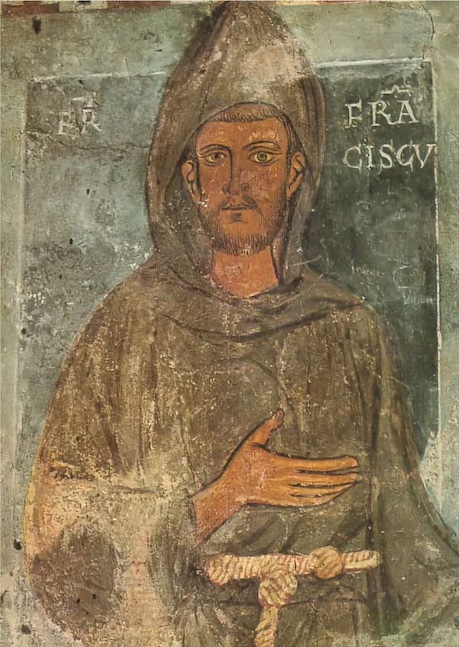
Philippians 3
4 though I myself have reason for confidence in the flesh also. If anyone else thinks he has reason for confidence in the flesh, I have more: 5 circumcised on the eighth day, of the people of Israel, of the tribe of Benjamin, a Hebrew of Hebrews; as to the law, a Pharisee; 6 as to zeal, a persecutor of the church; as to righteousness under the law, blameless. 7 But whatever gain I had, I counted as loss for the sake of Christ. 8 Indeed, I count everything as loss because of the surpassing worth of knowing Christ Jesus my Lord. For his sake I have suffered the loss of all things and count them as rubbish, in order that I may gain Christ 9 and be found in him, not having a righteousness of my own that comes from the law, but that which comes through faith in Christ, the righteousness from God that depends on faith— 10 that I may know him and the power of his resurrection, and may share his sufferings, becoming like him in his death, 11 that by any means possible I may attain the resurrection from the dead.
I am intrigued by the late-12th/early-13th century Christian Francis of Assisi.
A lot of the world is intrigued by him as well. Francis was a wonderfully strange and fascinating man who tried to imitate the life of Jesus as literally as he could as he understood it.
He was born around 1181 and died on October 3, 1226. That he died in 1226 makes one particular painting of Francis very interesting indeed.

This particular portrait is situated “[i]n the Chapel of San Gregorio in the lower church at Subiaco” and is very likely dated before 1224 AD.[i] Others date the image to 1228–29. What that means is we very possibly have in this painting a fairly accurate depiction of what Francis actually looked like, as it was painted either before or very shortly after his death.
Francis grew up popular and loved and in affluent circumstances. He was not necessarily rich, as we would think of it, but probably something like upper middle class. His father, Pietro Bernardone dei Moriconi, was a hardworking and successful cloth merchant and businessman.
Francis was loved by his French mother, Pica di Bourlemont, and, apparently, by all who knew him. He was fun. He was the life of the party. And he was happy.
Then, Francis, along with the other men of the region, went to war in one of the local skirmishes of that area and time. He was imprisoned for a season and seemed to have returned a changed man.
He was troubled. He began to seek for God. And he grew discontent with who he was inside.
Francis said that he heard the voice of God telling him to rebuild His church. He took that to mean a literal rebuilding. So he took some of his father’s cloth, sold it, took the money, and tried to give it to the priest of a dilapidated little church.
His father was furious. Francis never asked his permission to take and sell the expensive cloth. His father essentially sued him and drug him before the bishop of Assisi, Bishop Guido. There, Francis acted out one of the most famous acts of renunciation in all of Christian history. There, before his father and the bishop and an onlooking crowd, Francis said that his father was no longer his father and that only God was his father. He removed his clothes before the shocked crowd and went out into the world to become the man we know him to be today.
As I say, it was a stunning act of renunciation. Why did he remove his clothes? It was not just to be dramatic. Rather, cloth, clothing, silks, and garments had defined not only Francis’ comfort but his old life. The family lived well off the sale of such clothes. So in removing them, Francis was saying that his old life was over. It was gone. Now he was going to live a new life, the life of Christ.
But he was saying something even deeper than that, really. He was also saying that he had changed in terms of what he valued, in terms of what mattered to him. What mattered to him now was Jesus and Jesus alone and he would spend his life to walk with Jesus.
Continue reading →






